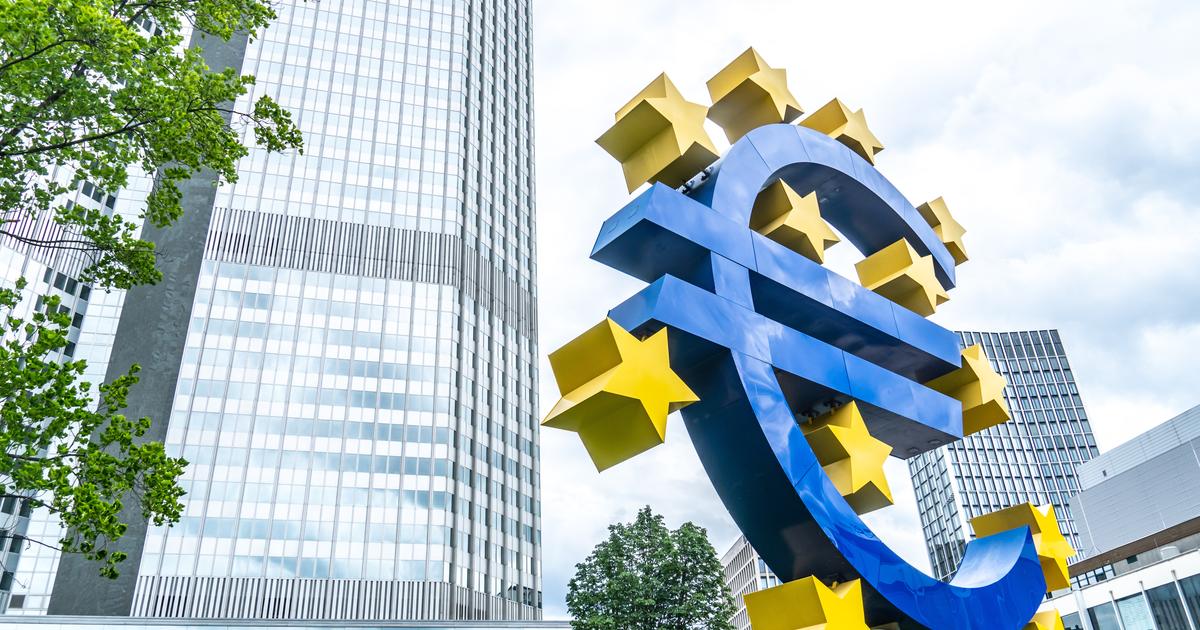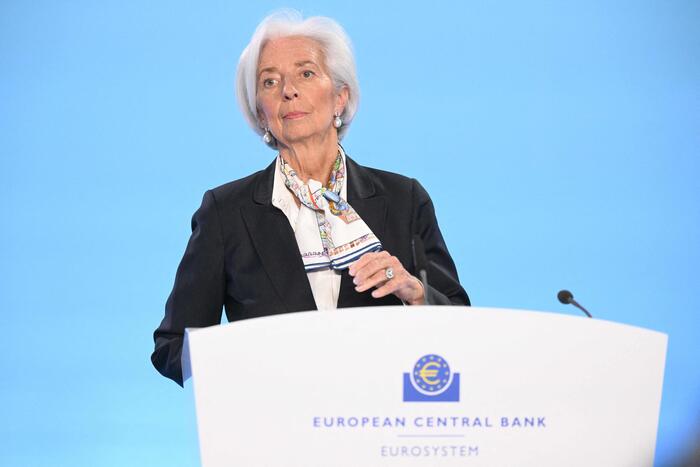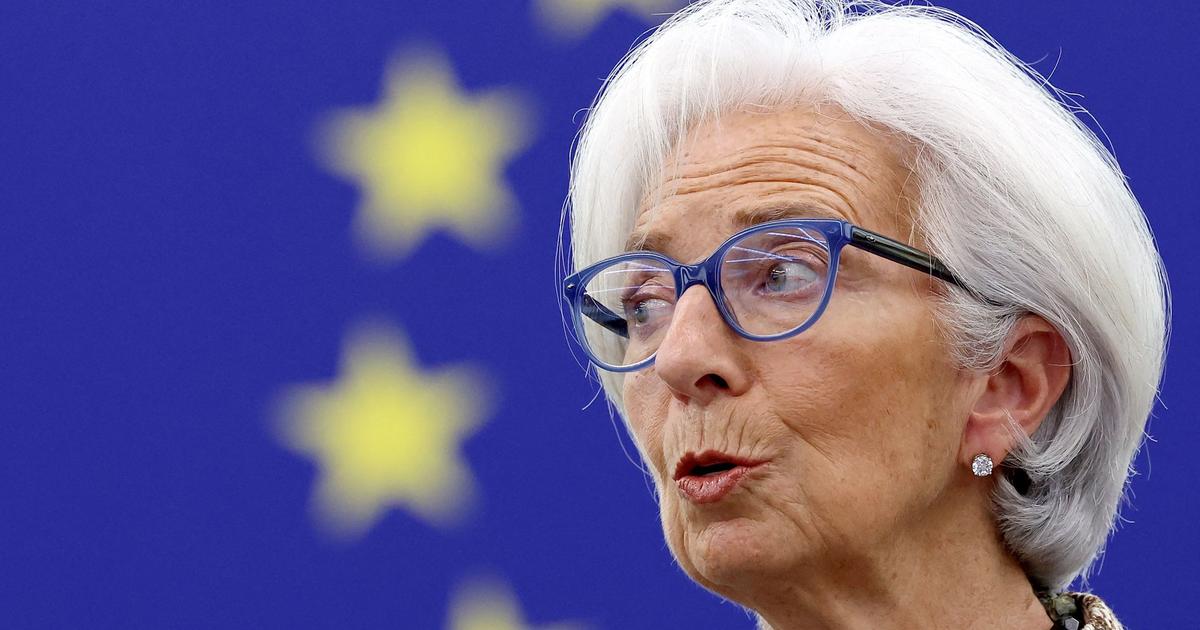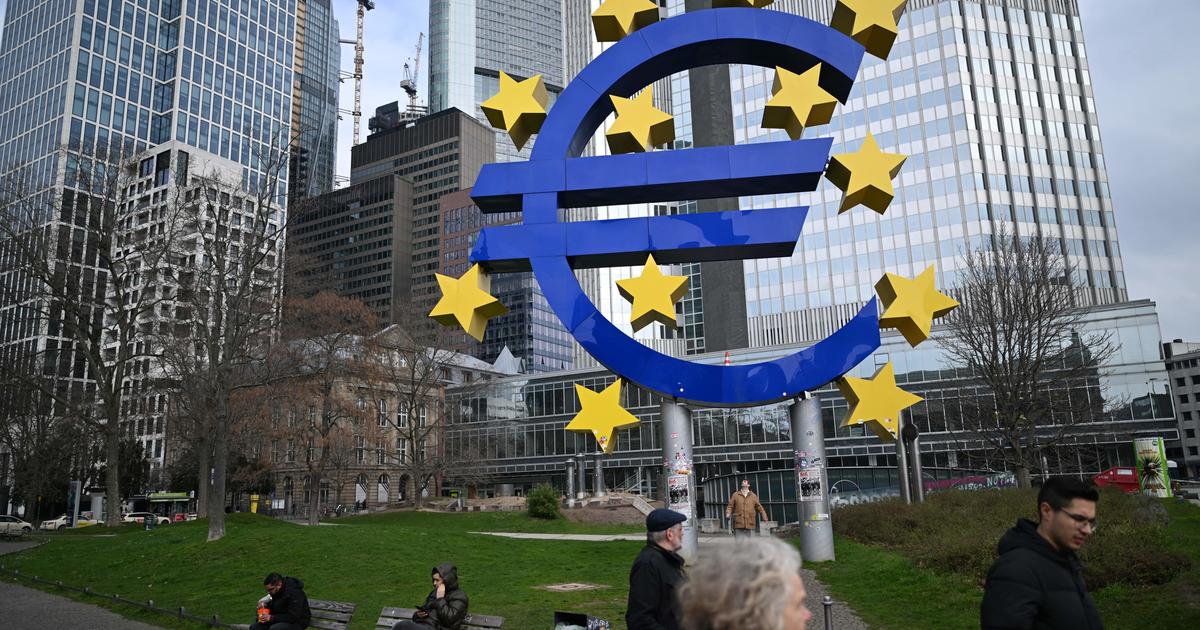Enlarge image
ECB Vice de Guindos, Head of Lagarde: "Our inflation is more stubborn than expected"
Photo: YVES HERMAN / REUTERS
The Vice Chairman of the European Central Bank Luis de Guindos assumes that inflation in the euro area will last longer.
"Our inflation is more persistent and not as temporary as we expected," he said in an interview with the Spanish broadcaster Cope.
It should remain at over three percent in the coming year and fall below the European Central Bank's (ECB) long-term target of two percent towards the end of the year.
However, the predictions are very uncertain, among other things because of the development of the pandemic.
more on the subject
The ECB's hesitant course: Madame Lagarde's nerves An analysis by Tim Bartz
The statements came after months in which financial experts had repeatedly emphasized that inflation would not last that long: At the end of November, Isabel Schnabel, member of the ECB board of directors, said on ZDF that she expected that “the peak of inflation will be reached in November and that inflation will gradually decline again in the coming year. "
ECB boss Christine Lagarde signaled in an interview with the Reuters news agency at the beginning of December that she would maintain this assessment for Europe.
In contrast to the British and US central banks, the ECB initially wants to forego a turnaround in interest rates.
The US central bank "Fed" had already abandoned its original wording that inflation was "temporary" weeks ago.
Corona, supply chains and power struggles are to blame
The reasons for the high rate of inflation are diverse: The pandemic has disrupted many supply chains.
Raw materials are expensive, also because countries like Russia are involved in geopolitical conflicts over raw material supplies.
Although there were significant increases in earnings in Germany in the third quarter, real wages did not grow, as the Federal Statistical Office announced.
The fact that wages have risen in nominal terms also has to do with the fact that significantly fewer employees were on short-time work.
In December, the economic sentiment of Germans fell to an eight-month low, according to the estimates of consumer researchers.
According to consumer researchers, this is due to inflation.
"High incidences due to the fourth wave of the corona pandemic with further restrictions as well as significantly increased prices are increasingly affecting the consumer climate," said GfK consumer expert Rolf Bürkl.
jlk / dpa















